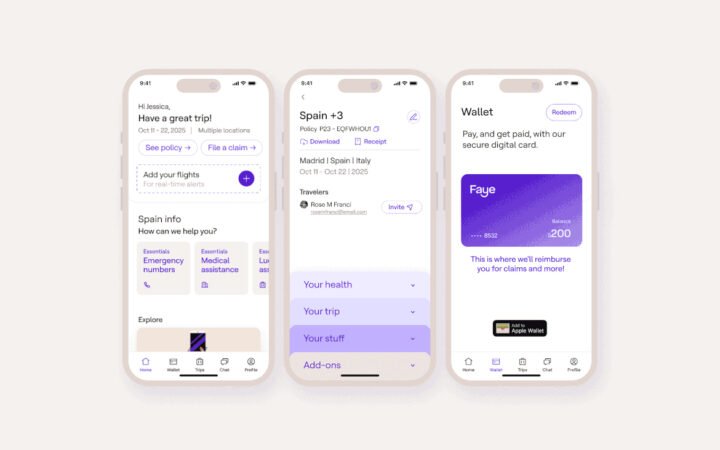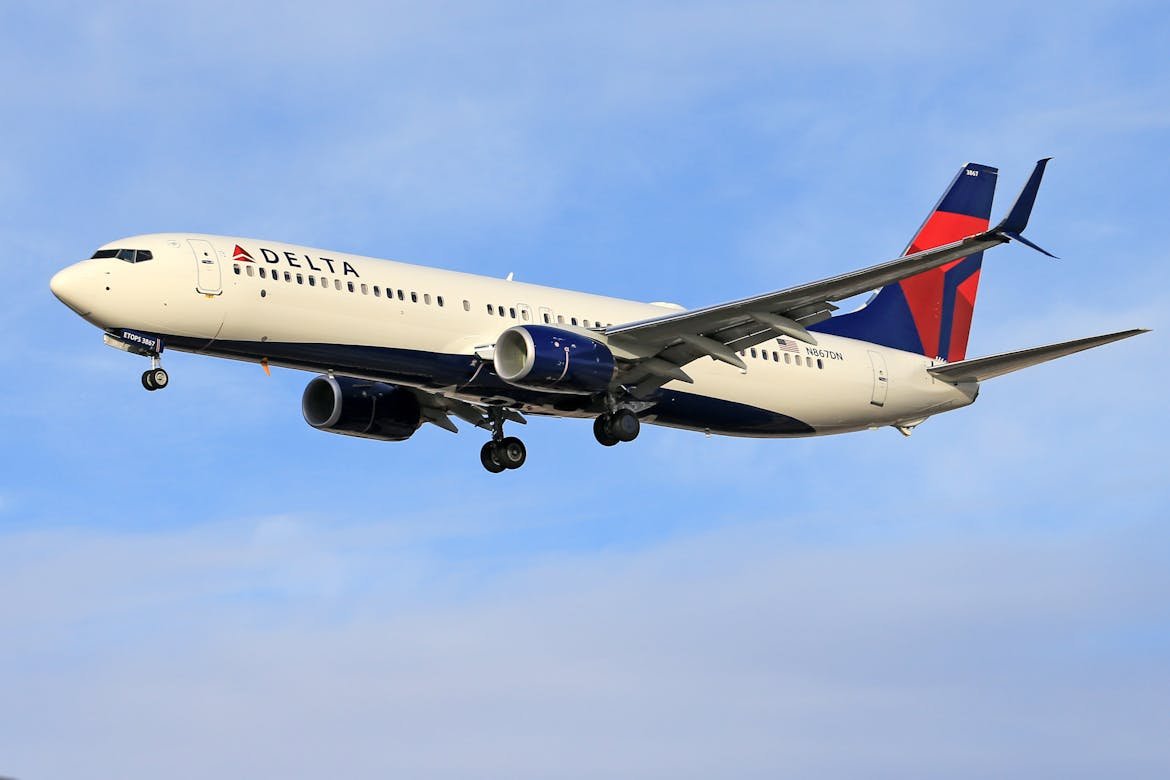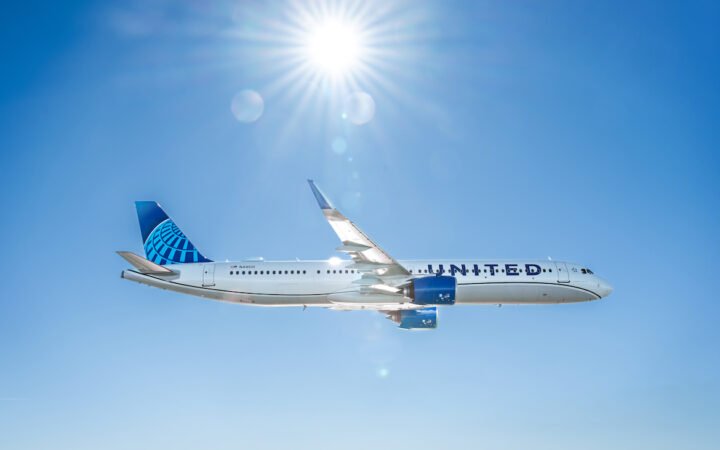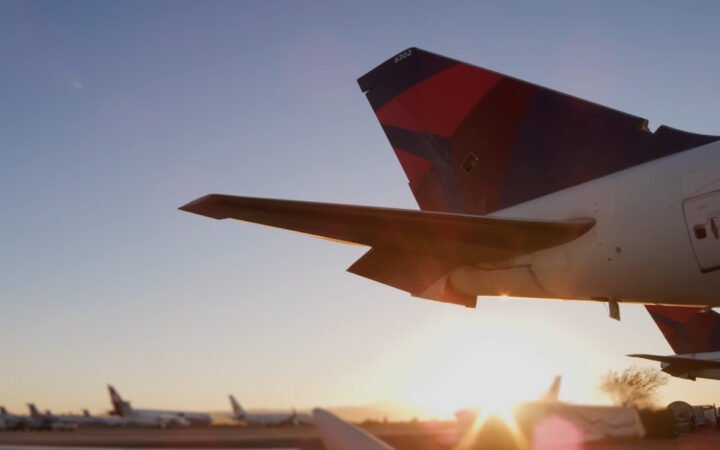
Delta Air Lines is implementing a groundbreaking AI-powered ticket pricing model, aiming to use it for up to 20% of its domestic flight fares by the end of 2025. Currently, AI influences about 3% of ticket prices, but the airline plans a significant scale-up after reporting “amazingly favorable” results during testing.
The technology, built in partnership with Israeli firm Fetcherr, is designed to function as a “super analyst,” dynamically analyzing vast data – booking trends, user behavior, weather, flight timing, and more – to estimate each passenger’s willingness to pay. Delta CEO Glen Hauenstein described it as a “full re‑engineering of how we price” and emphasized that the AI will generate personalized offers in real time.
Delta anticipates this system could optimize revenue, pointing to initial findings of a 9% increase in revenue per seat. The flexible “offer management” strategy marks a departure from static booking buckets toward individualized fares tailored to each traveler.
A New Era of Airline Pricing
If Delta’s new model succeeds, it could transform the airline industry. Personalized AI pricing is already being tested by carriers like WestJet, Virgin Atlantic, and Azul. Delta’s open embrace of the concept—highlighted in earnings calls and investor communications—sets a precedent for future fare transparency and customer personalization.
The technology could yield cheaper tickets during low demand or fill last-minute seats. However, it might also increase fares for customers deemed more likely to pay higher amounts—such as frequent flyers or those with higher online activity.
Backlash Over Fairness and Privacy
Critics – including lawmakers and privacy advocates – warn that AI-powered ticket pricing may exploit consumer data and cross ethical lines. Arizona Senator Ruben Gallego has publicly condemned the strategy as “squeezing you for every penny,” while watchdog groups have called for more transparency around how algorithms process passenger profiles.
Concerns also include potential algorithmic bias and lack of regulation. Without clear rules, dynamic pricing may unintentionally reinforce income-based discrimination in air travel access.




